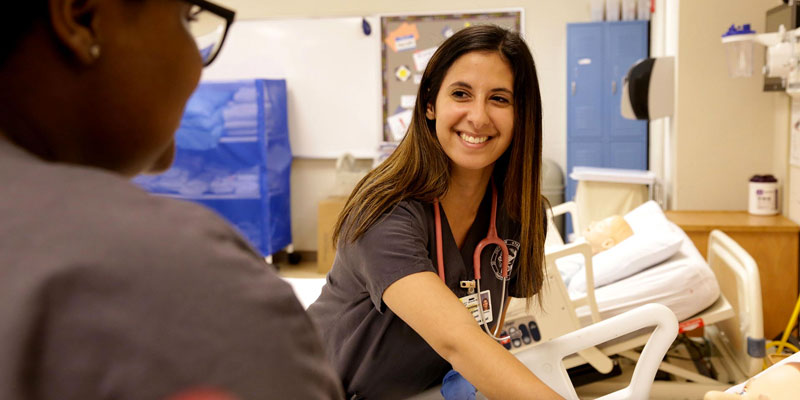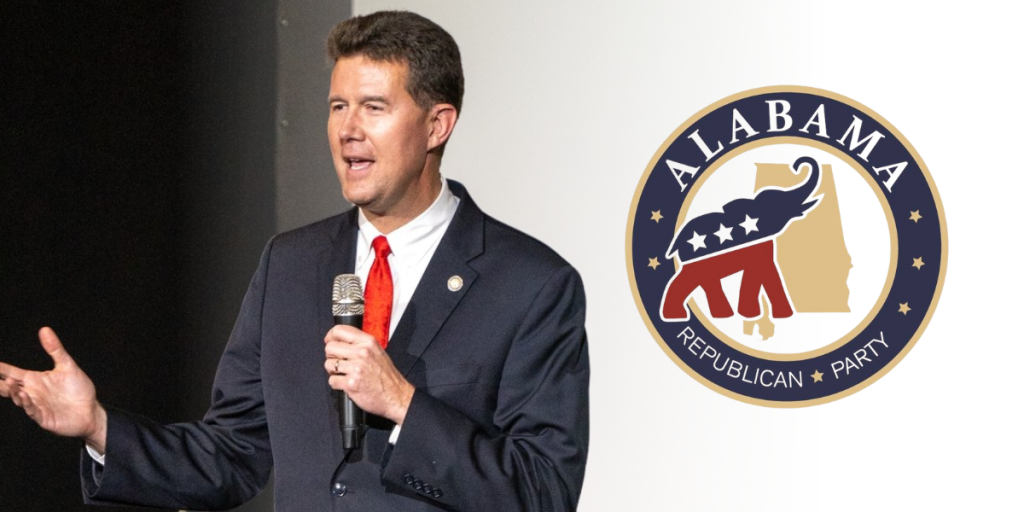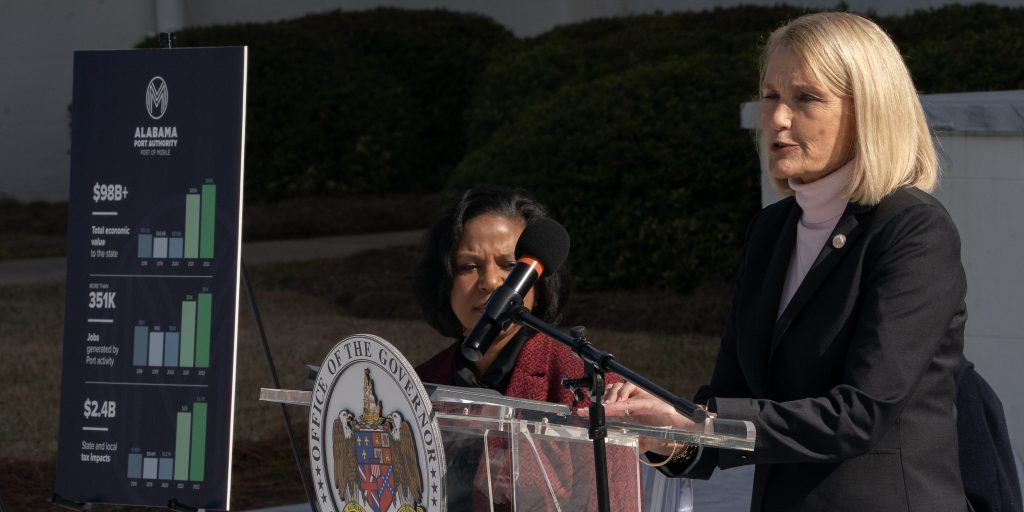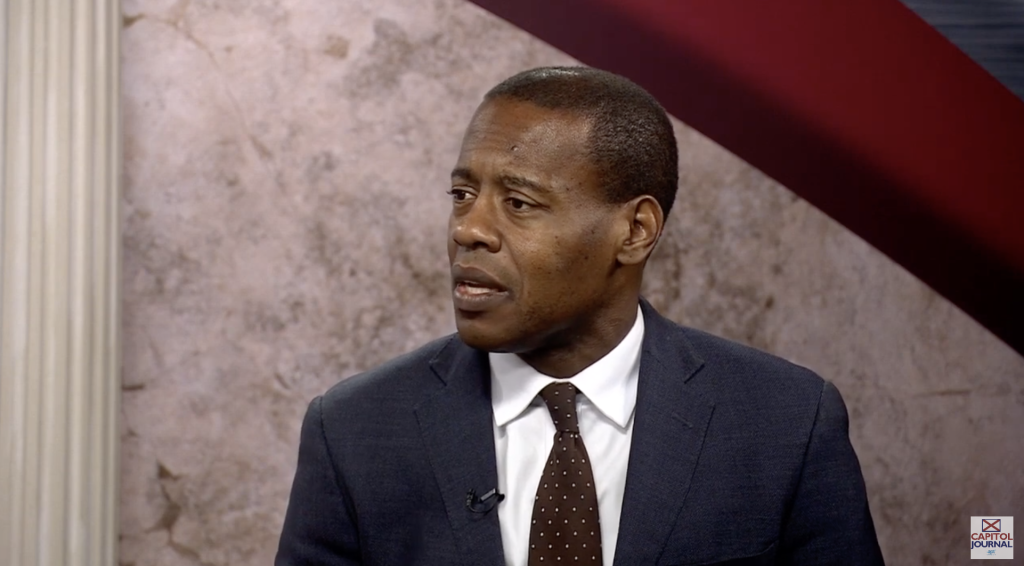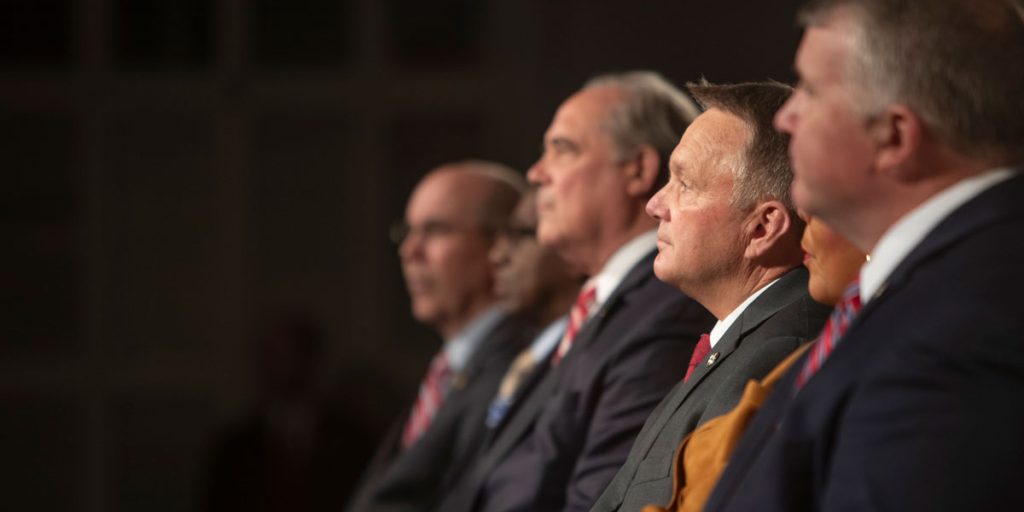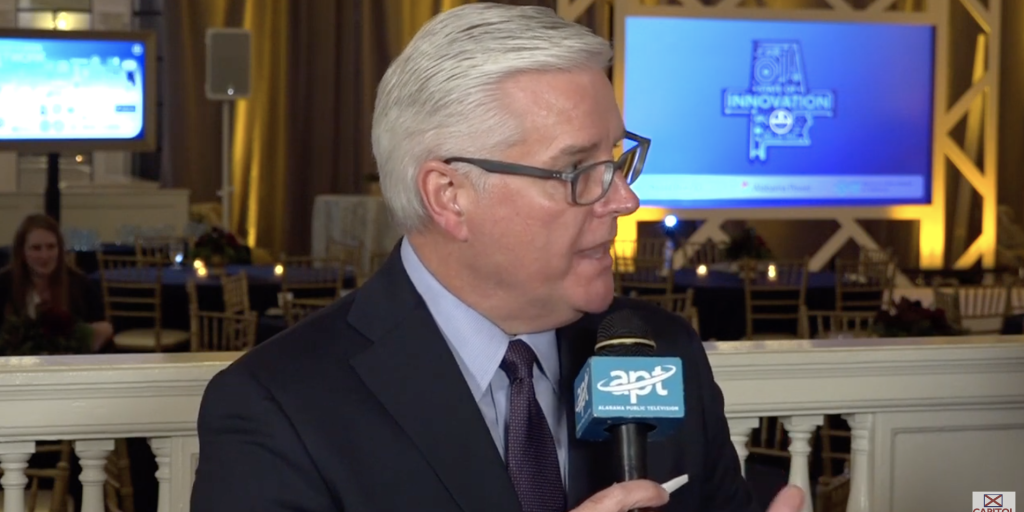Citing ominous figures, State Sen. April Weaver and Peggy Benson, executive officer of the Alabama Board of Nursing, said the Legislature is working to address the state’s shortage of licensed nurses.
Weaver (R-Briarfield) and Henson spoke Friday with Todd Stacy on “Capital Journal.”
Benson said there are 97,000 licensed nurses; down from 104,000. Even more troubling, she said, is that a recent survey shows 38,000 of those current licensed nurses plan to leave the profession within the next five years.
“When we saw that number, we knew that we had to look at other demographics to see how many more are going to come in and replace those experienced nurses and hat is the concern we have the most that we are going to lose most of our experienced nurses,” Benson said. “We do have 25,000 new licensees that will come in in that period, but they don’t all typically stay in Alabama. They will get their license in Alabama initially, but they don’t all stay long term.
RELATED: State’s cure for doctor shortage goes into effect next week
“Our average age dropped from 54 to 46 this last survey. That tells us that some people have already left the profession and we are thinking a lot of it was during COVID.”
Weaver, a former nurse, said the Legislature created a task force to address healthcare issues last year.
“As the only nurse currently serving in the Alabama Legislature, healthcare is obviously something that is very topifying for me,” Weaver said. “I spent 23 years in the hospital setting and in the private sector in addition to my legislative service, so it is something that I have been very familiar with and very engrained in most of my professional life.
“So I saw this need related to all the workforce issues related to healthcare that we have been seeing; so in 2022 we passed a resolution creating the Alabama Healthcare Workforce Task force. It is a three-year project, and we are currently in year two of that project.”
Weaver said one area the task force is looking at is bringing retired nurses back into the profession.
“One of the things that we talked about in our last task force meeting was some of these retirees how do you get them re-engaged,” Weaver said. “There may be some older nurses who don’t want to work 12 hours shifts anymore. There may be some that are tired of the hospital setting; but they have great amounts of experience and clinical knowledge. We know we need clinical educators. Is there a way of bringing them back in a clinical situation standpoint so they are educating the next generation?
“There are so many things we have done here already and so many other things that we need to look at.”
RELATED: Physician Workforce Act to treat doctor shortage
Offering childcare incentives to businesses is another area that Weaver said the Legislature will consider.
“I can tell you that during my time in the hospital, I had a young child, and it was something that was always an issue for us there in the healthcare setting,” Weaver said. “Lucky for me we divided and conquered. I had some coworkers that we shared duties and we managed; but for nursing it is a big issue. Think about nurses – they work 12-hour shifts, a lot of them. Childcare is not open 12 hours a day in the times that they need. We do need to think about offering some incentives for businesses especially in the childcare realm.
“Certainly, it is an issue especially for a younger work force … and it’s expensive.”
Weaver said Bibb Medical Center, in her district, formed a partnership with Shelton State Community College to create a practical nursing program.
“They brought these adult workers back and they went through a three-semester program for a practical nursing program. They did their clinicals in the long-term care area,” Weaver said. “They already were engrained in certain clinical areas; and they were offered jobs there. So for those who choose to work there, for a two-year commitment they get their education paid for and a commitment from the hospital that they have a job.”
Benson said that there are 12 programs like that across the state like that with 350 students in the pipeline.
“We want to look at the LPN dual enrollment for high school students,” Benson added. “We think that will be far beneficial and see if we can get some financial support for those students in the high schools.”
Benson also supports getting grant money for counseling for nurses trying to cope with what they went through during the COVID-19 global pandemic.
“They can have potential lifesaving mental health counseling as well as substance abuse counseling online that we can apply for those grants and utilize that money,” Benson said. “That would be a bill we would take forward to the legislative session.
“Senator Weaver has been awesome to work with and we depend on her.”
To connect with the author of this story or to comment, email [email protected]




